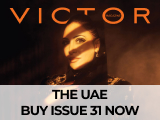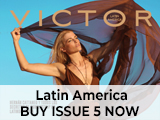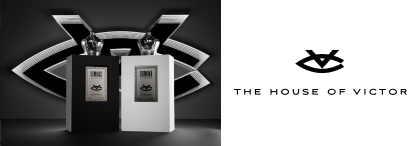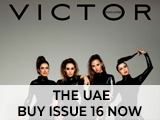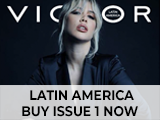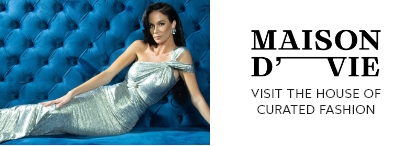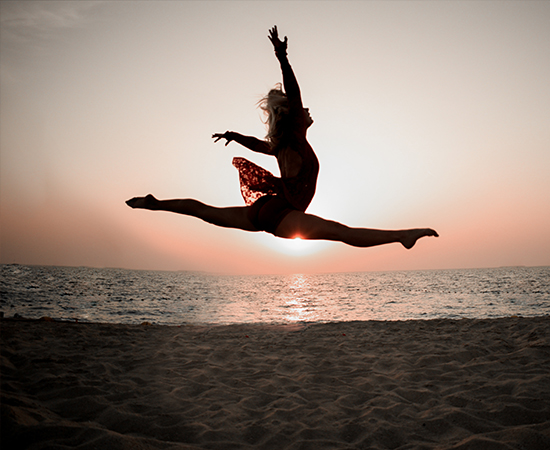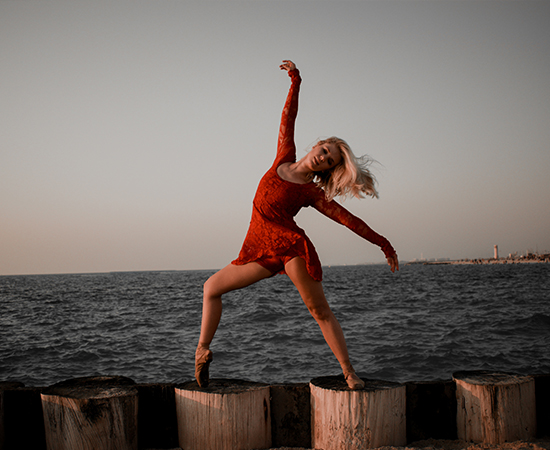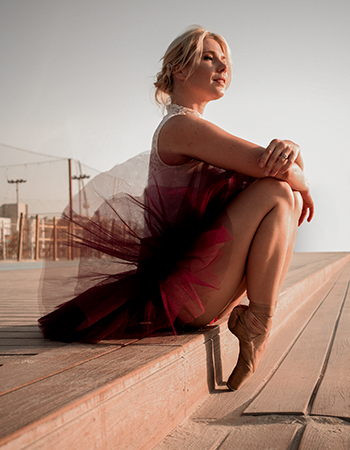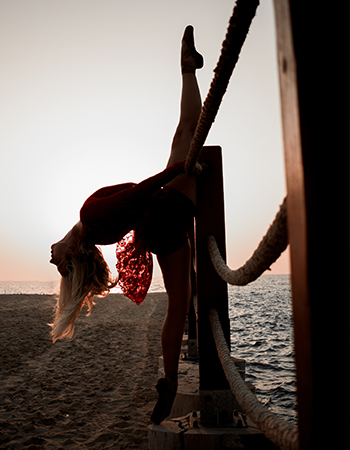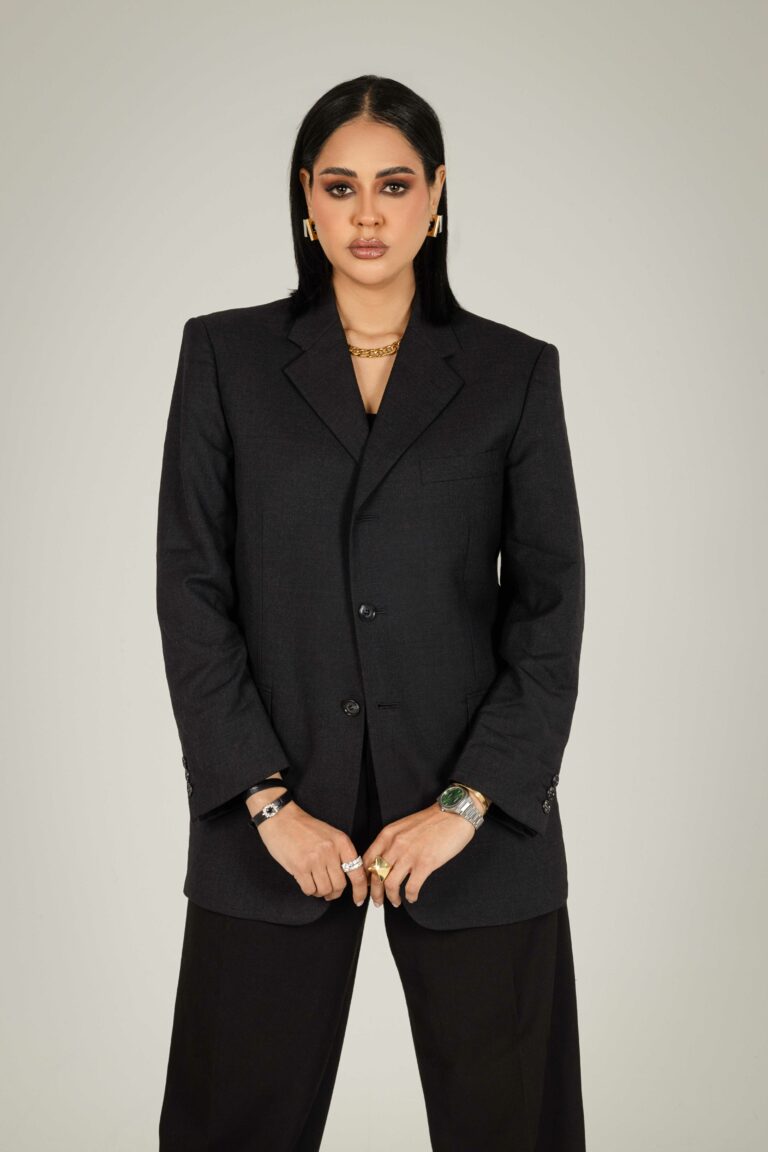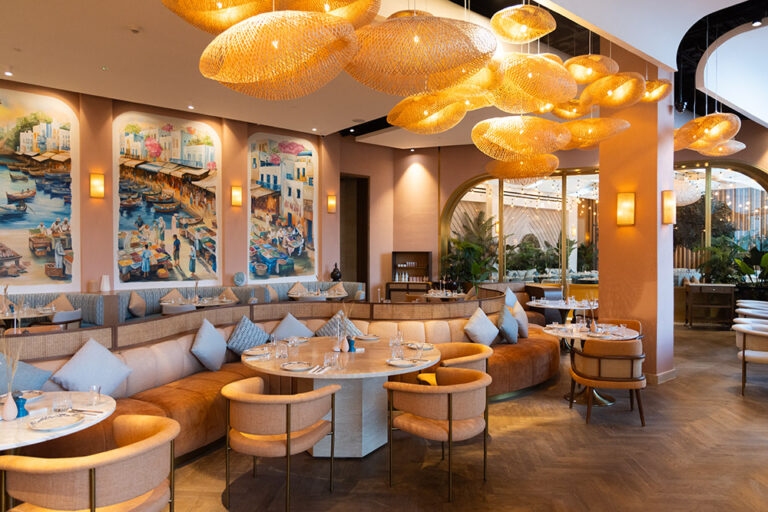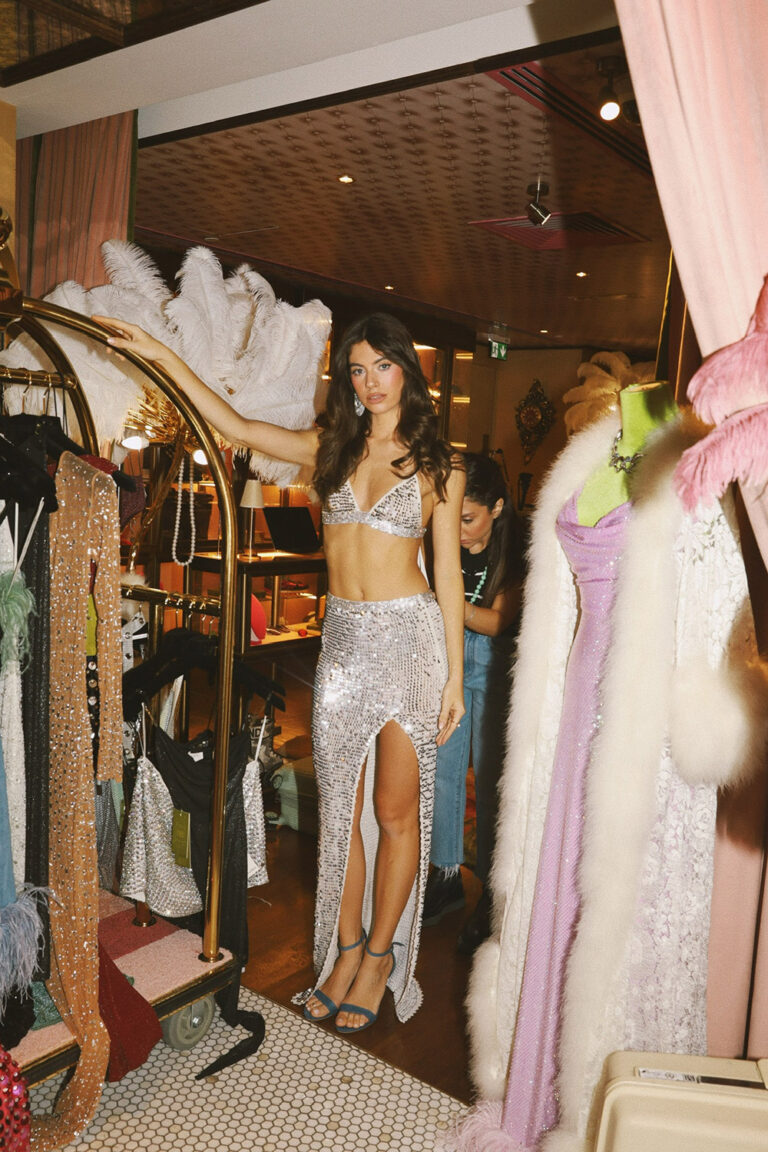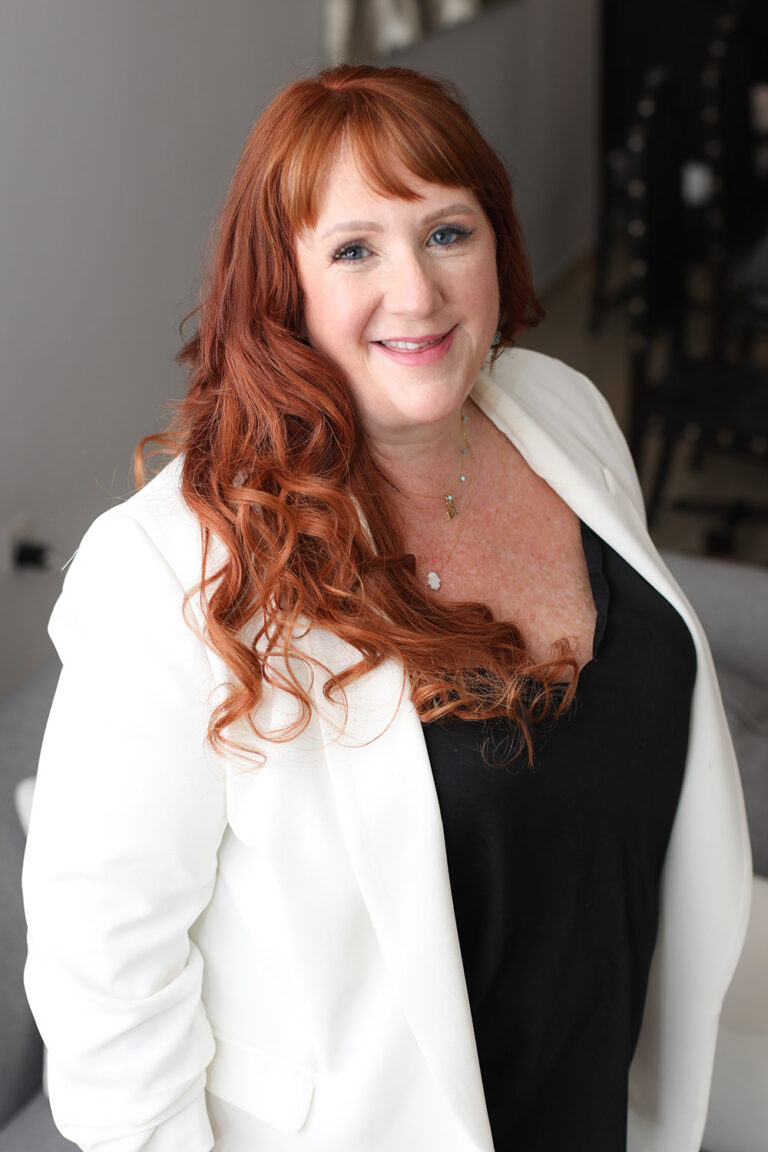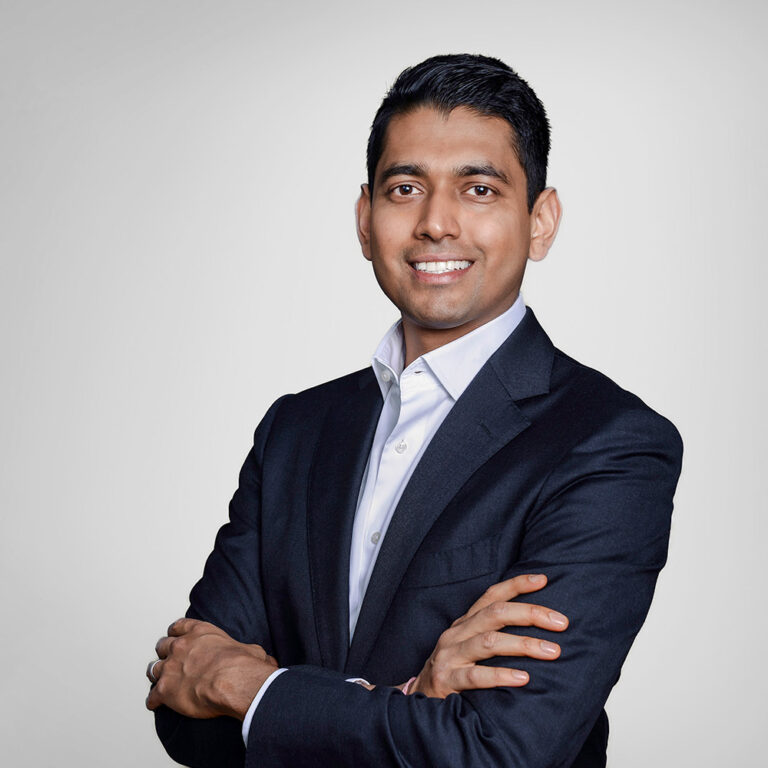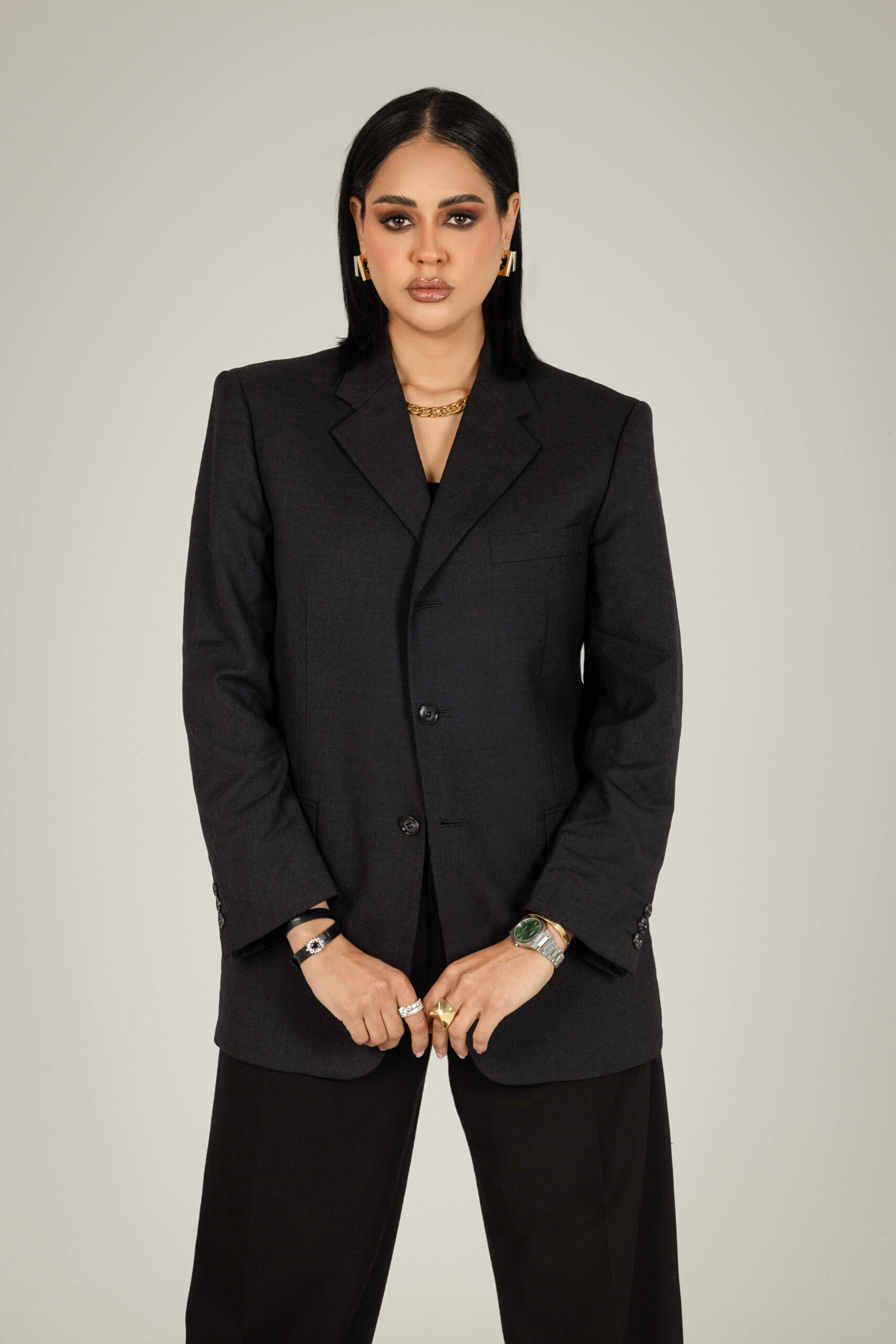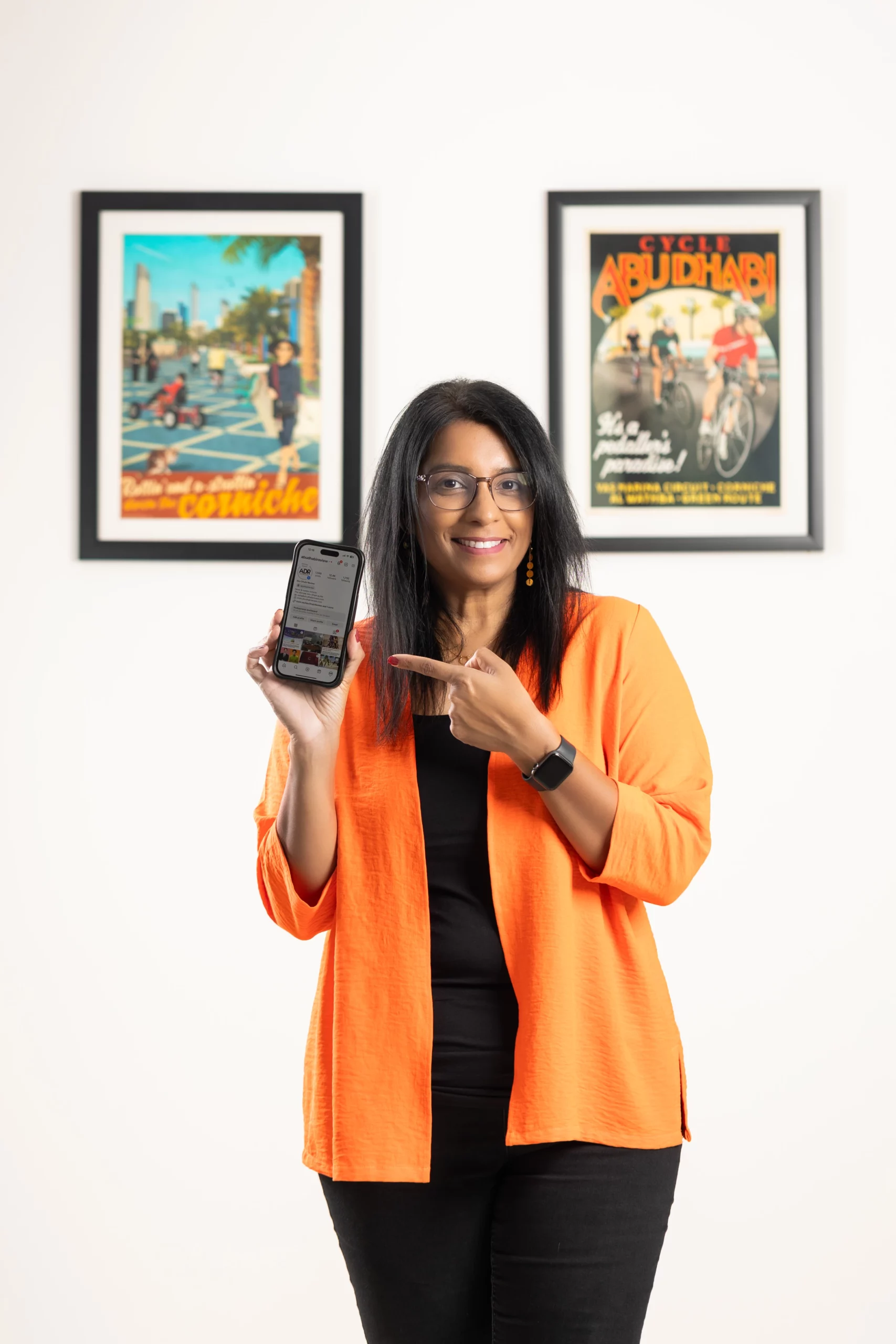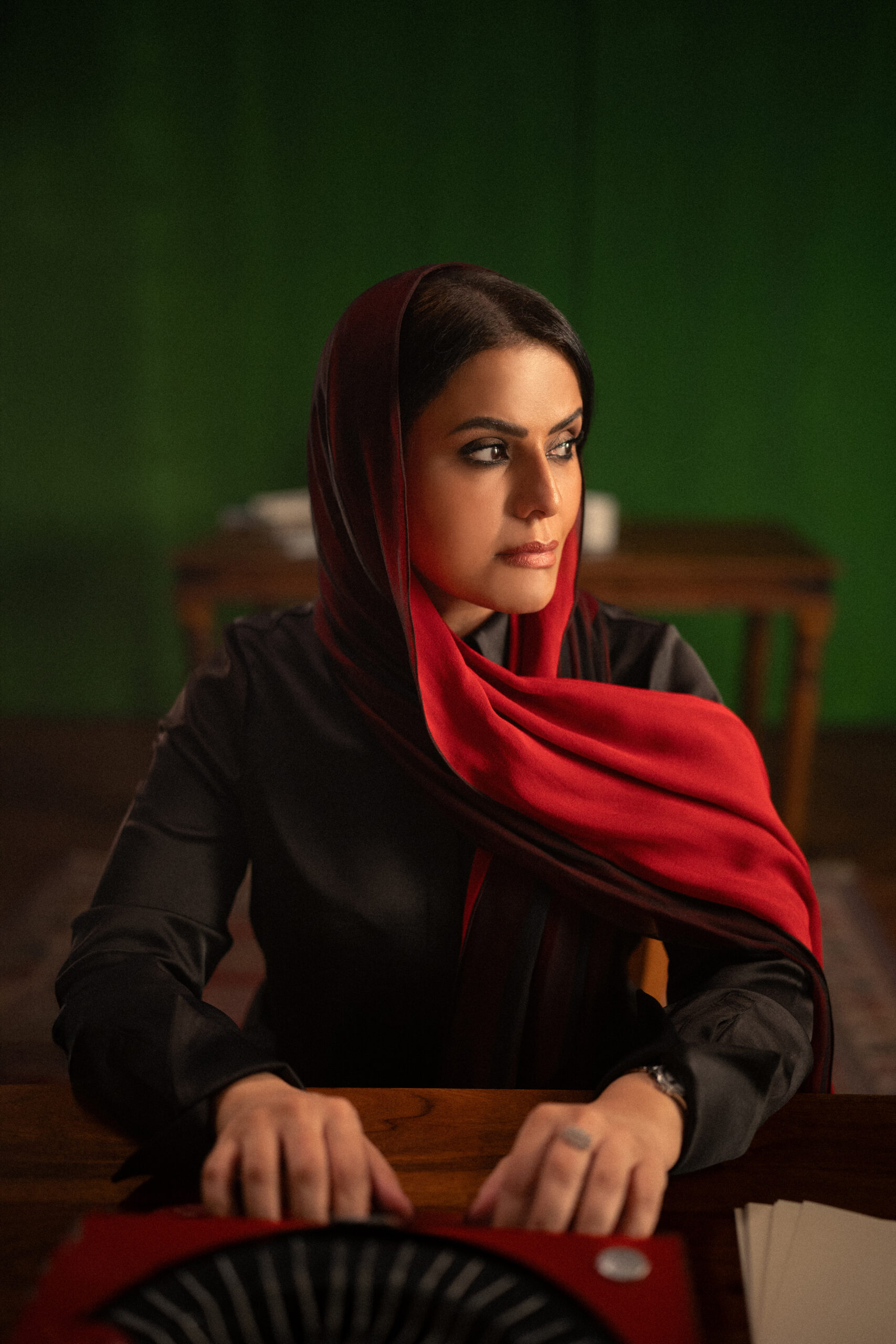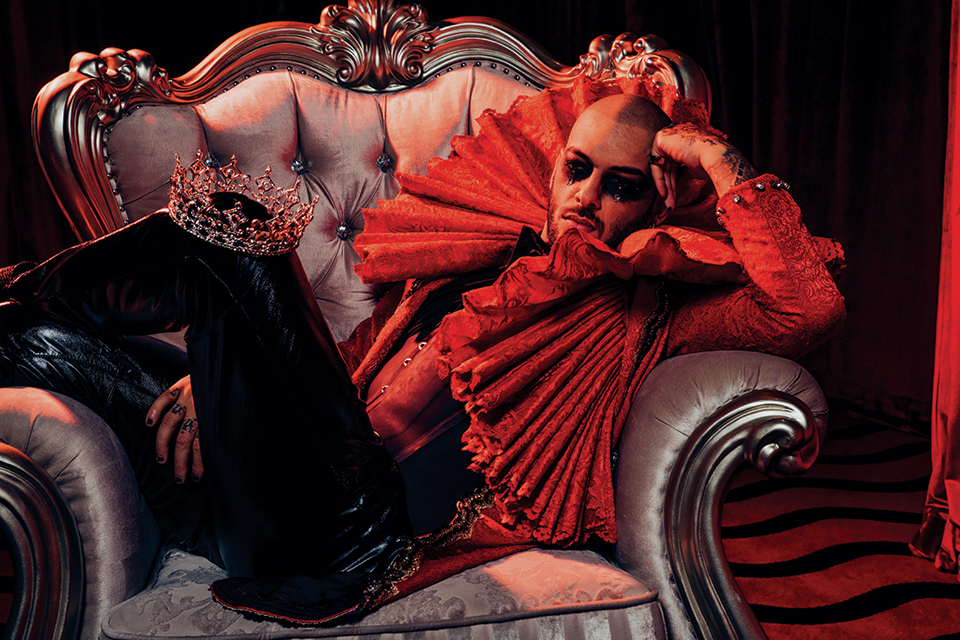
When Passion exceeds everything even unheard Music
Roaa El-Bagoury
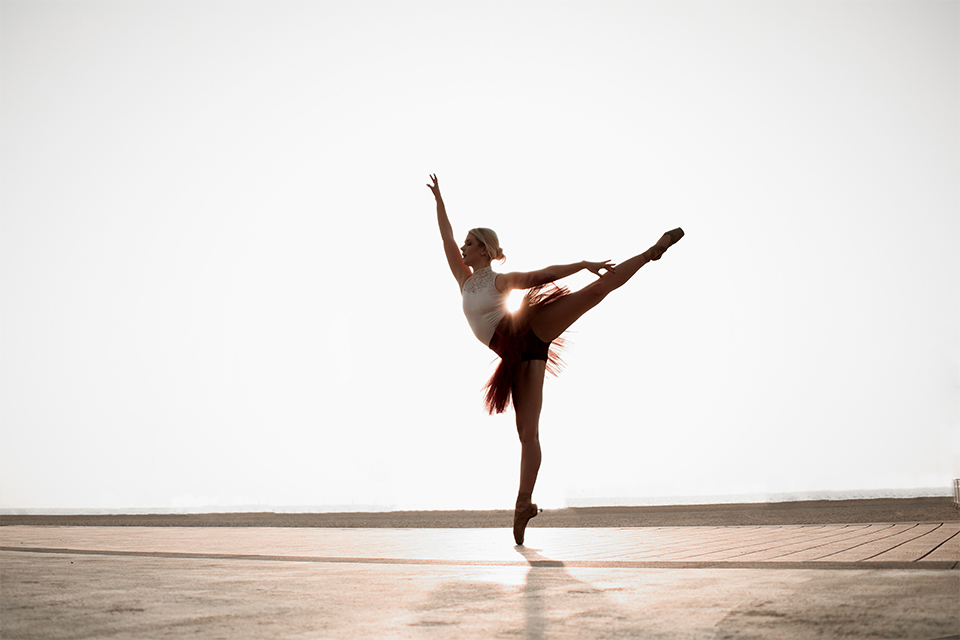
- Photo by: Czar Aboudehin
Meet Simone Botha the inspiring ballerina with dance running deep in her body
Simone Botha was born profoundly deaf and received her cochlear implant (CI) at age 22 months. Today she lives her dream as the world’s first profoundly deaf professional ballet dancer with a cochlear implant.
Building a career in dancing year after year she received the principal dancer status with Bovim Ballet Company. This was an achievement few people thought would be possible to achieve when they once saw Simone as “just a little deaf girl with big ballerina dreams”. She was able to turn that impossible pipe dream into a reality.
“I am not a deaf ballerina. I am a ballerina that just happens to be deaf. I did not ever want people to sum me up and define me by my deafness. I wanted people to see me for me and recognize my dance talents first.” Simone mentioned this during our interview and it stuck with me.
In 2017, she chose the freelance career pathway and started working abroad with different international dance companies. She realised that she had to again prove herself every single time she signed a new contract with a dance company. She was usually the first deaf dancer that anybody has ever worked with. That brought to light that there is still a lot of room for improvement in educational awareness regarding deafness and its stigmas especially in the world of dance. She’s made a lot of breakthroughs already and keeps pushing that bar higher and higher.
When did you start dancing and how did you become so passionate about dancing?
It has been a natural part of my life ever since I can remember and definitely my first love!
My older sister, Elnette Kotze, also profoundly deaf with a CI, started with ballet classes in our home country, South Africa, and naturally, I tagged along with my mother to watch her during class. I could never sit still and watch. I kept hopping off my mom’s lap to face the corner behind her chair to try out these movements that mesmerized me. As a toddler, you think that if you turn around to face the wall, and can see no one, then surely no one should be able to see you. Little did I know then that the ballet teacher, Natalie Swanepoel, was watching my every move. Eventually, she told my mom that I am really far too young to start ballet, but it’s obvious that my whole body and soul want to be on the dance floor. And so I began with ballet classes at the tender age of two and did my first stage performance at the age of four.
What were the barriers when you started learning how to dance and how did you overcome them?
It has been hard work from the day I started dancing at the age of two. Actually, when any little ballerina puts on her first pair of ballet shoes, she sets herself up for fun but hard work and a foundation for learning life- skills such as determination, discipline, guts, consistency, and endurance.
In my case that meant a lifelong journey of trying to not only strive for perfection in my dancing technique but also to try and effortlessly blend in so that my hearing impairments didn’t become a hazard or set me back. Thus, I told myself that the only way to prove that I can make it far in the dancing industry is to be consistent in my training, but also to be the hardest worker in the room. I always tried to be the first to class and the last to leave. I was willing to do whatever it took.
How are you able to dance without hearing the music? How do you find a rhythm?
To me, music is just beautiful background noise. My eye and touch senses along with my body rhythm and skill memory are the senses that guide me in my ability to perform in time with the music.
In rehearsal, a piece of choreography is rehearsed over and over so many times that later on my body rhythm remembers how fast, slow, sharp, etc. a movement has to be executed. So my body’s rhythm becomes the baseline of how I am guided to execute a piece in time with the music.
When performing in a group setting I am acutely aware of the dancers in the room. Their rhythm determines my rhythm. I am sensitive to their way of moving and rely on them to be in time with the music. If they are delayed or move too quickly then I adapt, as they are my ears.
Thus, I do not dance with a musical rhythm but rather a bodily rhythm. I don’t hear the music. I feel it with my heart.
What were some of the struggles you went through? If you had to do it over again, would you change anything at all?
Growing up I was constantly faced with the challenge of how to react to people’s perceptions of me as a profoundly deaf hearing impaired girl trying to find my spot in the world of dance. I was seen as an oddity because dancing deaf girls were unheard of. People were naturally curious to see how I coped with the musicality of ballet without hearing the music. They made their minds up about my future and often gave their judgemental opinions behind my back.
Luckily I loved ballet and dancing so much that I was able to block out these negative opinions most of the time. I was determined to prove to the world that I wasn’t going to let my disability stand in the way of following my dream career. All my life I have worked really hard to ‘blend in’ so that no one would ever be able to guess that I was deaf, because the world of dance was never accessible for the hearing impaired. Today I can say that I have reached a point in my career where I have become a lot more open about my hearing disability because I have proved myself many times over. That is also one of the reasons why I changed my Instagram handle in June 2020 to @TheDeafBallerina. The world is now a lot more open-minded than it was 25 years ago. I believe that the world of dance is now ready to accept me for who I am as a whole, deafness and all.
I would say that everything that I went through can be seen as necessary growth pain, however unfair and frustrating it might have felt at times. Something was to be learned from it and it made me stronger as a human being. Not only did I learn a lot on this journey, but I would like to believe that everybody else that I have met so far did too and that it changed their lives for the better. So no, I wouldn’t change anything if I had to do my journey all over again. Everything happens for a reason.
How does music break down barriers between people no matter who they are?
I may not hear or know the lyrics of any songs and music to me is just beautiful noise. Yet music speaks to my soul. It tickles me in a way that makes my heart respond to it whether I may understand what I am hearing in the music or not. Two people may listen to the same song and not hear or experience it the same at all. Music is a language that we can all feel. So despite our cultural differences, backgrounds, and various disabilities, we can connect through the emotions that music brings out in us. So yes, I may not hear or interpret the music as you do, but it still gives me the ability to feel its power and beauty. Music has a universal language presence that makes us all relatable despite our differences.
How did you find the performance industry in Dubai supportive?
While currently living in a pandemic it really didn’t do the hearing impaired any favours. I know of hearing people that struggle with effective communication through their masks, so we hearing impaired people are having an extra-exceptionally challenging time.
I rely heavily on reading lips and facial expressions to help me with effective communication. The mask takes away the ability to see the lips as well as expressions of more than half the face. On top of that, the mask further muffles the sound coming through which automatically makes it less clear for the listener. It is a recipe for frustration, miscommunication, and many headaches. I am now not only deaf but partially blind as well.
Now, let’s talk about the performance industry in Dubai! First of all, I just want to say how grateful I am to be here during these trying times and to be able to work when so many artists worldwide are still experiencing heavy lockdowns and are unable to work.
I am fresh and very new to the Dubai industry and moving here during the pandemic has been my biggest challenge yet. It is already a great challenge for anyone when they are a complete stranger to the industry in a new country, but to do it in the middle of a pandemic where every single person you meet wears a mask (so lip-reading is not possible) is exhausting.
And let’s be honest, first impressions do matter especially in entertainment! This is how I have to introduce myself daily, “Hi, my name is Simone and I am deaf. I rely heavily on lip-reading, so it makes it very difficult for me to understand you or follow instructions when you are wearing your mask.” What would your first impression be about me?
I have been incredibly blessed with people going out of their way and trying to make sure that I don’t feel left out. As it can often feel that way. When everybody wears a mask I am immediately excluded from the conversations. But people learn quickly and I find it so heart-warming when somebody remembers to immediately lower their mask before speaking to me. It shows their respect and understanding.
Oh what a time to be alive, grow and learn from one another! I am looking forward to the rest of my journey with Dubai’s artist community. The love and support that I have received are already so immensely appreciated!
What advice would you give to someone who might not fit in that typical mold of a ballerina but wants to pursue a career?
There is so much room for individuality and if you find that you do not fit in, then create your own door of opportunity. Do not give up until you have found a way to make it work. We live in a world of constant change so if all else fails, become creative and awaken that within you.
Don’t let small minded people convince you that your dreams are too big. Be realistic: Someone is bound to come along your way at some stage to tell you that you are not capable of something and that your disability will never allow you to succeed. Do not let them get to you, but rather hold on to those who do believe in who you are and what you are capable of. Ask them to help or guide you. Do not be afraid to fail and when you do, just know that tomorrow is another day to try yet again.
Also bear in mind that the world will not change for you and it also does not owe you anything. It is up to you to change the world’s view of hearing loss. So if you approach it either positively or negatively, so will the world.
Simone has been an inspiration throughout her life and has made a huge difference for other hearing impaired individuals and everyone around her. There is a great need in the hearing impaired community to dream big, as many hearing impaired/deaf children do not realise the amazing potential in themselves. She has given them that hope and push. Simone defied the odds and proved to the world what she is capable of and we can’t wait to see where she takes us next.

By Author

no related post found
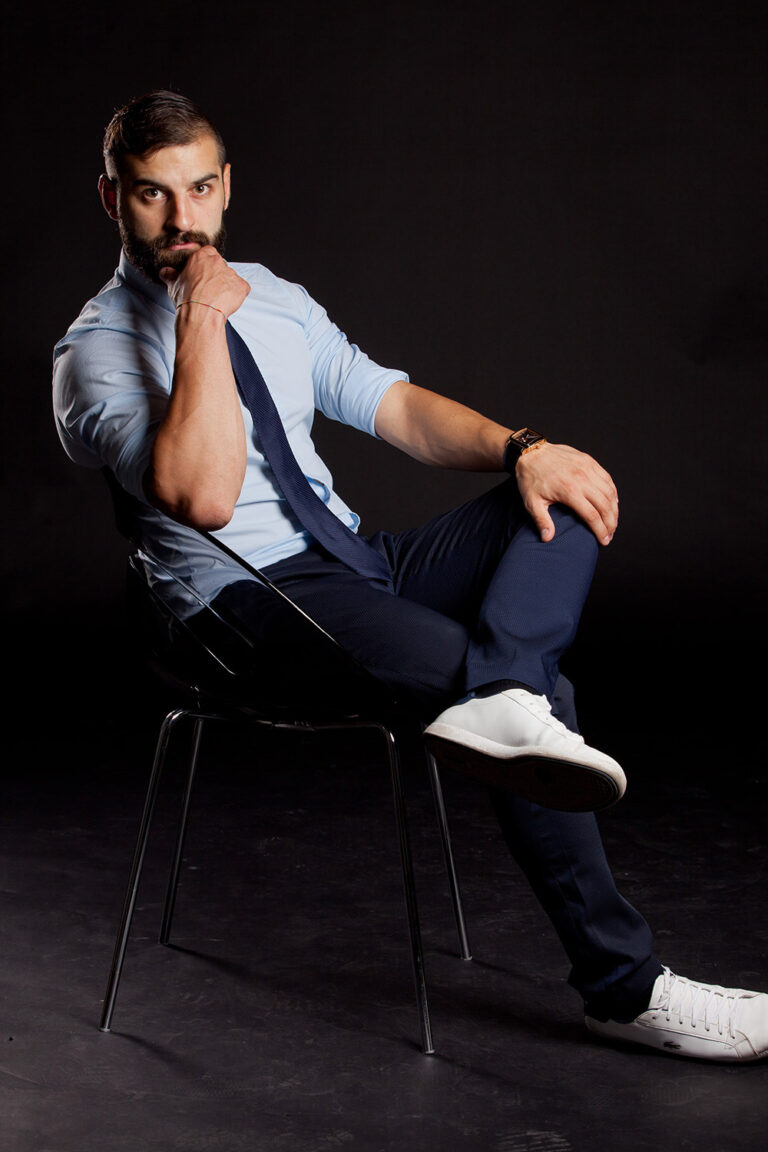
MESMERIZE: Where Artistry and Innovation Unite in a Ballet of Elegance
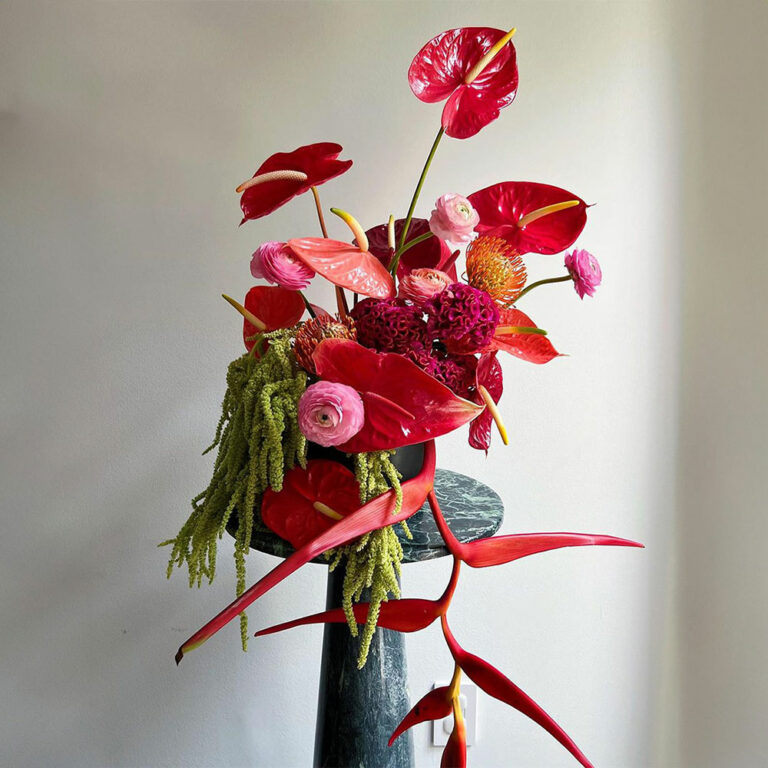
“Flowers are our favorite F word!”

Indulging in Love and Flavor at Playa: A Valentine’s Day Delight
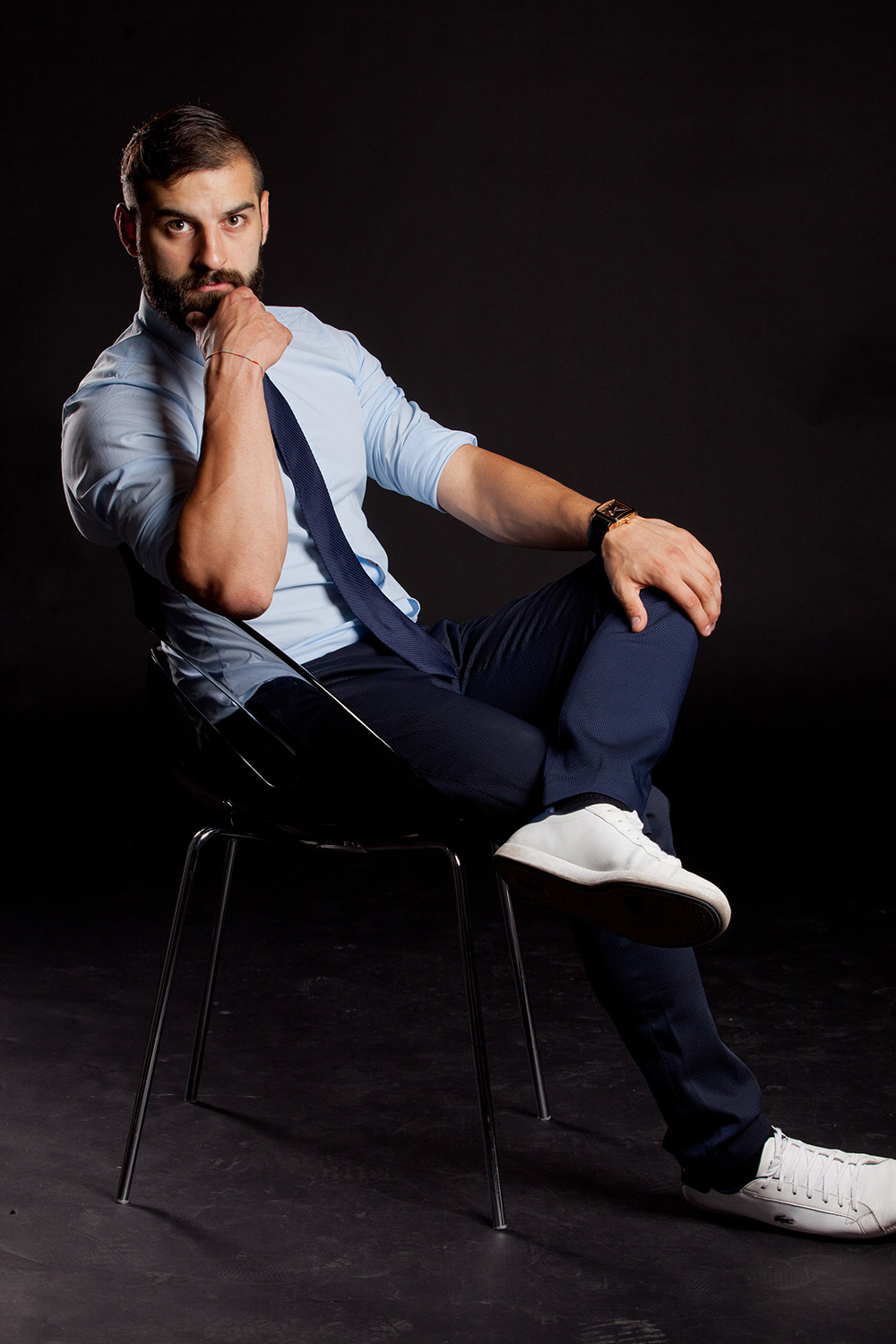
MESMERIZE: Where Artistry and Innovation Unite in a Ballet of Elegance
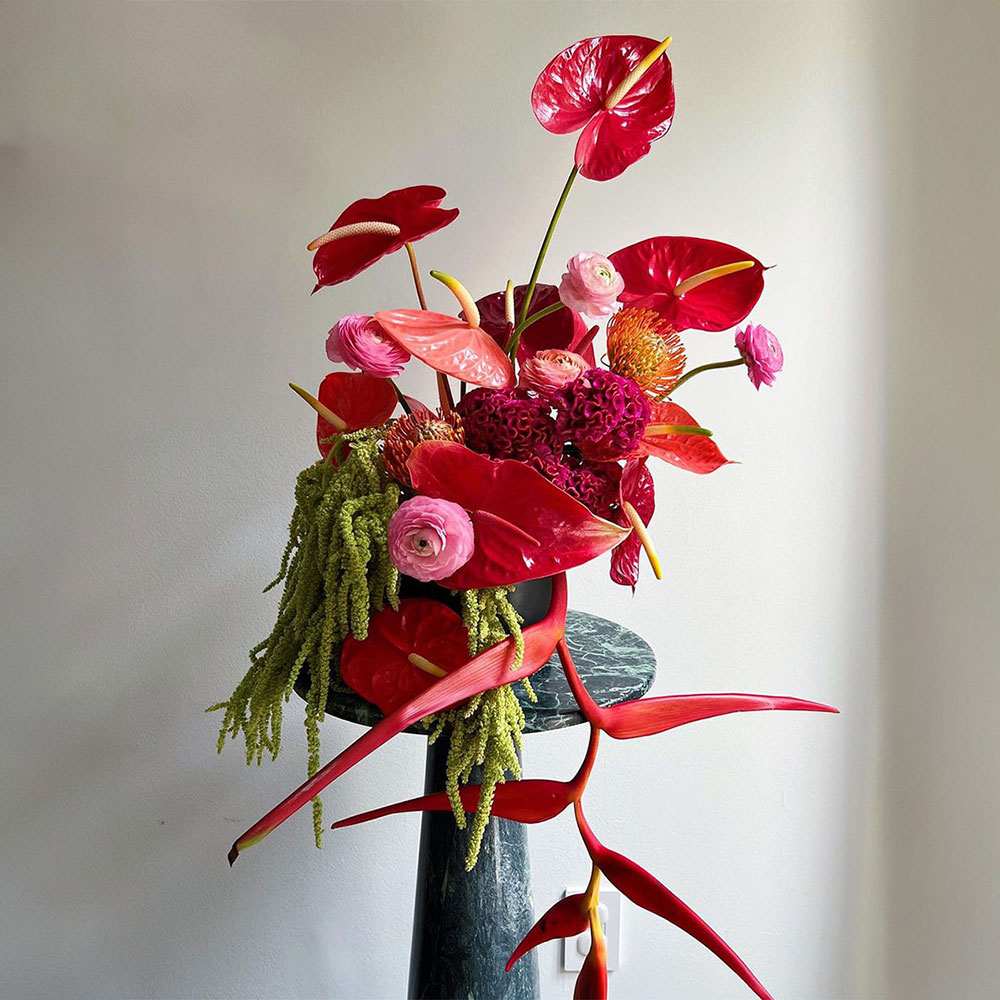
“Flowers are our favorite F word!”

Indulging in Love and Flavor at Playa: A Valentine’s Day Delight

